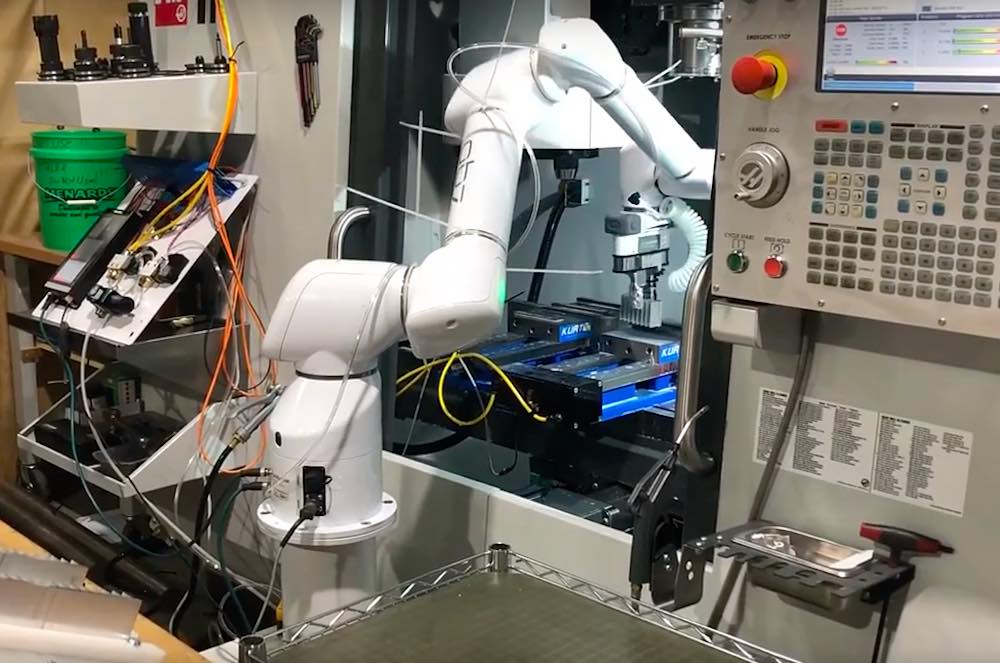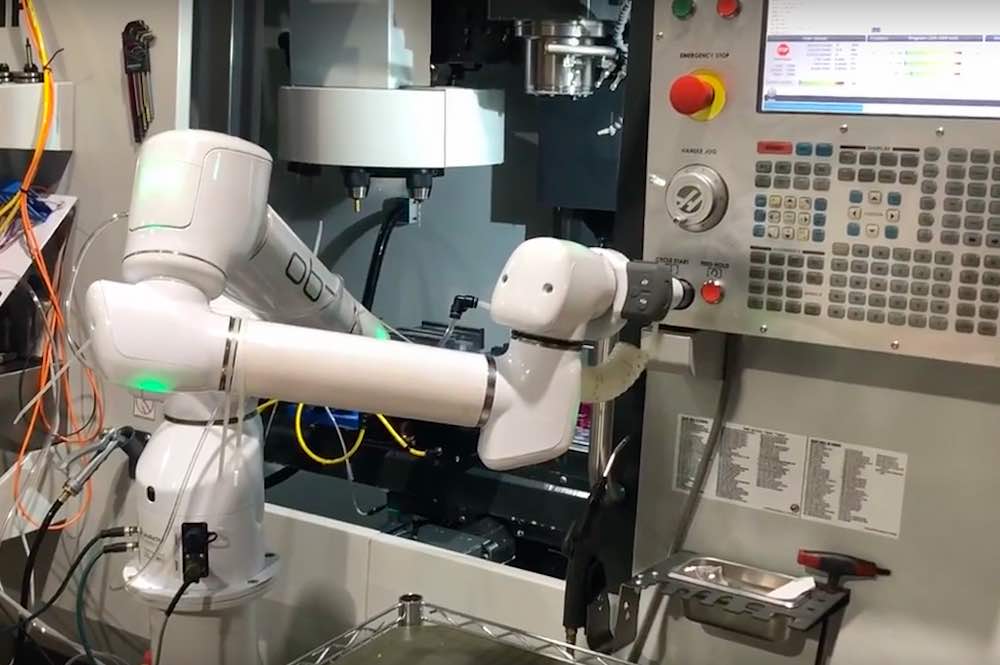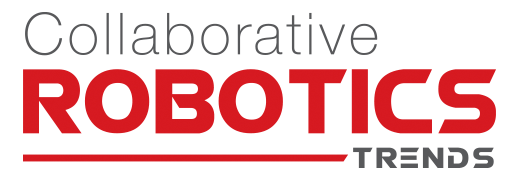
From concept to launch, LJB Product Solutions is a customer and data driven product design/development company, providing innovative engineering services to corporations and individuals in the biomedical, automotive, and aerospace industries.
Established in 2008, LJB consists of seven people. Together, they bring over 50 years of combined product design experience. Each team member wears several different hats to provide innovative solutions for their customers. Whether it is a turnkey product solution or supplementing a single engineering service, LJB’s integrated design process takes concepts and brings them to life – all with the end user in mind.
Challenge
With an extensive product design background, LJB is able to provide its customers with a unique advantage by helping drive manufacturing costs and processes down through a range of custom engineering services. It has in-house machining equipment and offers a range of services including prototyping, small production runs, assembly work, designing automation and test fixturing. Having a flexible work environment where each team member can work on different projects is critical to LJB’s ability in maintaining low lead times for its customers.
“One of our key strengths is that we are very flexible, so one week we could be designing a product and the next week we could be machining a product that we just designed,” said Josh Miller, Engineering Manager of LJP Product Solutions.”
Related: Productive Robotics OB7-Stretch cobot offers longer reach, lighter payload
As the company grew, LJB started getting more higher volume jobs that came in runs of thousands and also had higher cycle times. It faced a situation where it did not have the time or resources for one person to stand by the machine, press a button, and monitor it through the end of the job. LJB also could not afford to have that machine caught up on a single job for a couple months at a time. LJB needed a solution that would enable it to keep its CNC machine running 24/7, significantly reduce the amount of time spent running the machine on a single job, and allow the team to focus on other tasks.
“What drove us to start looking at the cobot was that we’re a small company. There are seven or eight of us on payroll at any given time, and we all wear different hats,” said Lucas Boesel, president of LJB Productions.
Minimizing the amount of time running a single job was one main motive for LJB to turn to collaborative robot automation. It was also starting to see an increase in these higher volume production jobs. At the same time, it was being asked to design manufacturing and assembly systems for customers. It became clear that focusing on the automation realm of its business would allow it to increase efficiency in the production processes and meet the high demand.
Solution
After visiting Fabtech in Chicago, LJB contacted Doig Corporation, the local Productive Robotics distributor in Wisconsin. There LJB was introduced to Productive Robotics’ OB7 7-axis collaborative robot. Specifically due to its flexibility and versatility, LJB knew that it was the right cobot for its production.
The first job OB7 ran was on a production run of 1,000 drill taps for heat sinks, which required LJB to drill and tap multiple holes per part. Setting up the workcell and doing the integration was done entirely on its own. Leveraging its product design expertise allowed the team to come up with unique solutions for setting up the workcell. The entire experience was a learning opportunity, which allowed LJB to discover OB7’s unique capabilities and features.
“We are using the robot in our manufacturing as an opportunity to learn and discover what its capabilities and limitations are,” said Boesel. “And part of that process in our mind, is it gave us an opportunity to learn how the robot works and then how we can integrate it in the various manufacturing environments or processes.”
Integrating OB7 with the HAAS mill was straightforward and easy with the accessories included in Productive Robotics’ CNC package. The OB7 electronic interface made it simple to set up communication with the HAAS mill and OB7. LJB also designed its own fixturing for the robot to pick up the parts and load into the machine.
To increase throughput, LJB set up a connection between OB7 and its mill to automatically open and close the door. It added a signal for OB7 to wait until the doors were fully open before proceeding into the machine. It also connected an Air Vise, a third party air vice, to the pneumatic controller to automatically clamp and unclamp the workpiece.
Teaching OB7 the actual job of loading and unloading the CNC machine involved physically maneuvering OB7 using the control handle. OB7’s 7th axis was an advantage for LJB as it provided the flexibility to position OB7 into the right place and tweak its movements so that it wouldn’t break any cutters.
“We definitely took advantage of the 7-axis flexibility of the Productive Robotics OB7. I don’t know how we would be able to do some of the stuff without it,” said Miller. “We were definitely moving every axis all over the place to wiggle it in there.”
Building out the job to add the communication signals, adjust waypoints, and create more accurate positions was done using the Productive Robotics’ control tablet. The user interface of the tablet was drastically simple, as Miller said:
“I was surprised at how simple it was to program – I almost had to simplify my thoughts for programming.”
The most challenging part was not getting the job to run, but rather presenting the parts to the robot. To accomplish this, LJB took advantage of the 7th axis and set up the robot in a position that would give it the maximum amount of reach. It also added feeding shelves to load up the pieces and set up a rail system where the robot would store the finished workpiece and it would slide down the rail ready to be cleaned or do quality checks.

Results
LJB was on its way to fast and flexible production with OB7 tending the HAAS mill. The company can now alleviate its longer lead times by running second, third shifts, or overnight. In addition, OB7 freed up the team from having to tend the CNC machine and put its focus on other valuable tasks in the business.
“OB7 allows us to work on other things while it handles its own tasks. We take on different hats, so while the robot does its job, it opens up one of us to be working on something else,” said Boesel.
As a high-mix, low-volume shop, having the ability to set up, run a thousand pieces, tear down and move on to the next job, is highly important. OB7 provided the ability to easily change between different jobs and minimize downtime re-engineering workstations.
“It was relatively easy for us to pivot from programming the CNC machine to programming the robot, so it just seems like it’s another team member that we’re utilizing to easily change from one job to the next,” said Miller.


Leave a Reply
You must be logged in to post a comment.